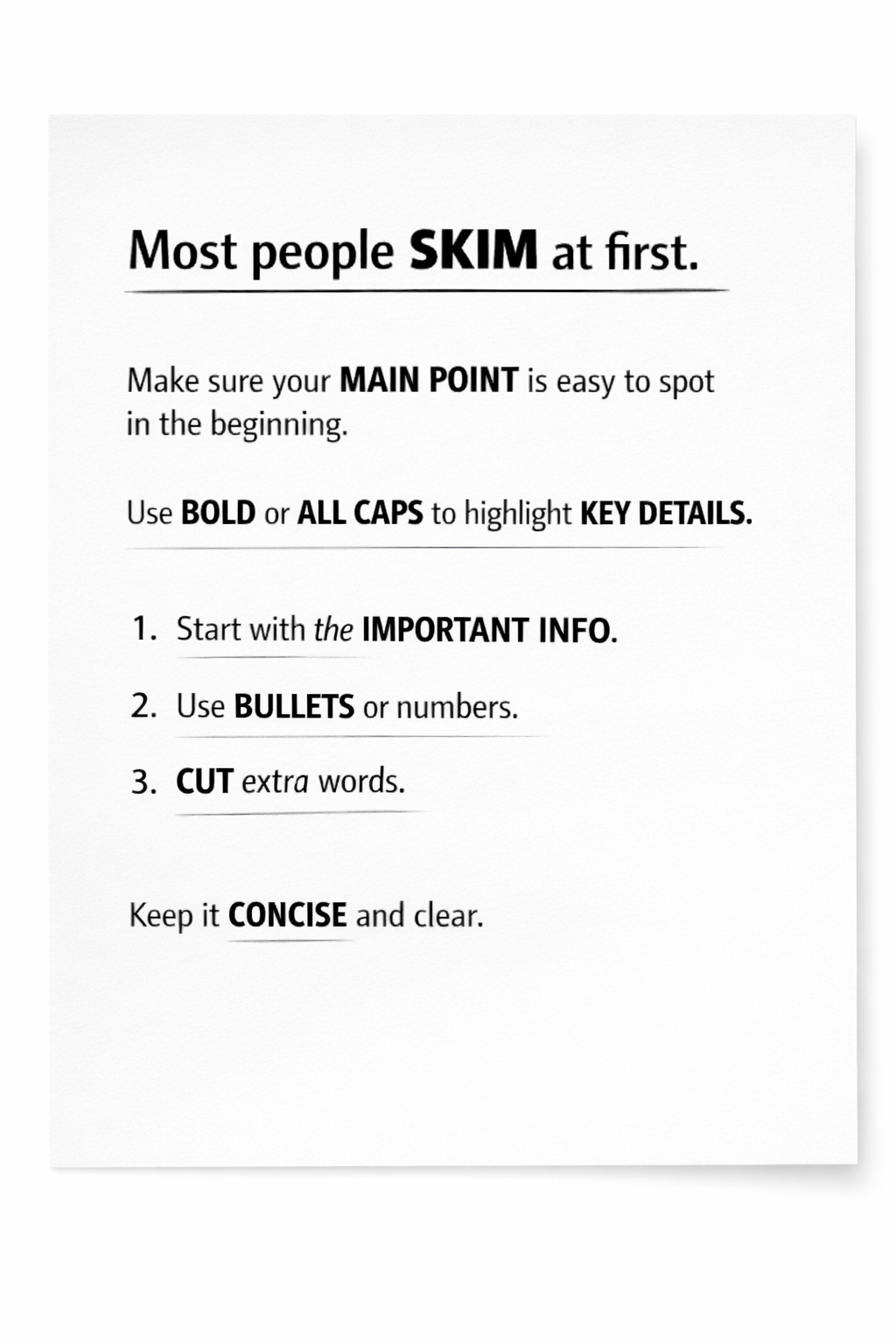Nib #23: In Personal Writing, Choose Anecdotes Over Adjectives
The “Personal Statement” that accompanies college applications may be the most obnoxious assignment young writers face today. The stakes are unfair. The prompts are dumb. The incentives for performative victimhood are gross. And, let’s be honest, the last thing responsible adults should be asking teenagers to write about is themselves.
However, there is one invaluable habit the Personal Statement can help young writers develop. The rule is, “Anecdotes over adjectives.”
Most of the time, when we describe people — including ourselves — we stay in the shallows. He’s funny. She’s smart. Plays lacrosse or the piano. Acted in the school play. Writes for the school paper.
Those kinds of things don’t say anything distinct or meaningful about a person. They’re too superficial. To really convey an individual’s personality and character, we have to go deeper. We have to tell stories.
This is especially good advice for young writers working on those college app essays. Telling stories is not just a better way of describing yourself to an admissions committee — it’s easier.
If you love baseball, write a story that shows why. Maybe it’s about your grandfather taking you to your first game. Maybe it’s something about baseball’s nerd-friendly statistics or its mystical connection with springtime.
In the same way, that you play the clarinet isn’t very interesting. How you came to play it? Why a certain song is your favorite to play? The moment at last year's Fall concert when you realized how the sound of your clarinet complemented your bandmates?
That’s the stuff.
Don’t just retrace the lines on your resume — color them in. Why did you start that dog-walking business? When did you realize that class you hated in 10th grade actually taught you something worth knowing? Who inspired you to be a camp counselor?
Whether you’re writing about yourself in a college application personal essay, or about a colleague in a letter of recommendation, or about a late family member in a eulogy, don’t use adjectives to describe your subject. Use stories to introduce your readers to them.
The things that make each of us unique — the things that make you you — are the things adjectives can’t describe.
Until next week… keep writing!











